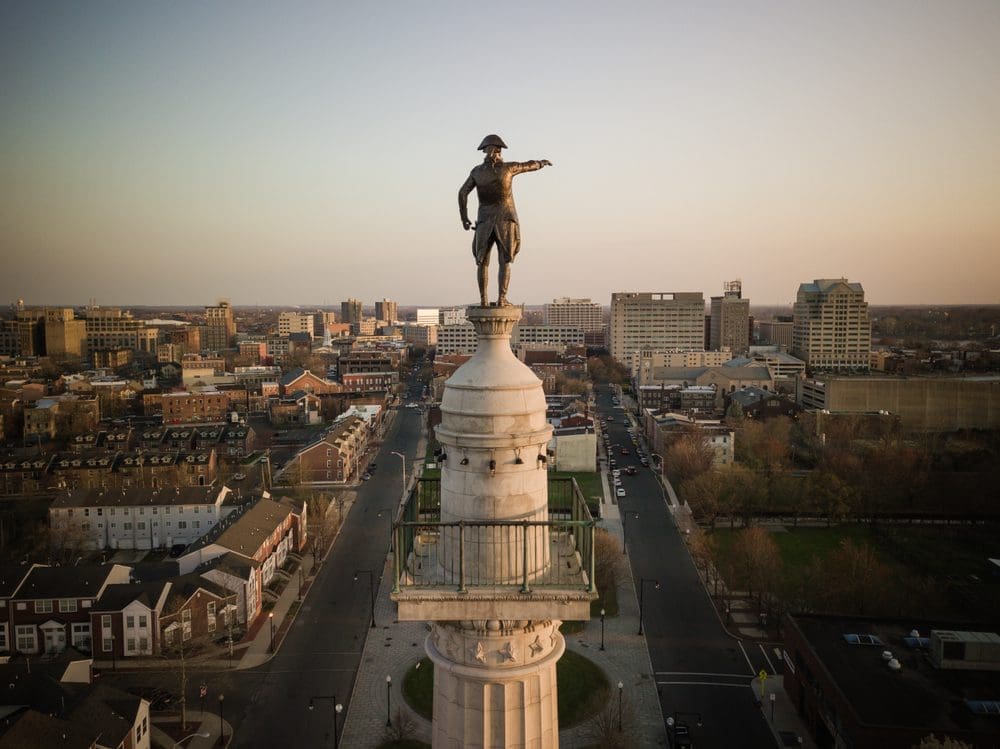New Jersey is one of the original 13 colonies that formed the United States, but have you ever wondered how the state got its name? It turns out that the name New Jersey has a rich history that dates back to the early days of European colonization.
The land that is now New Jersey was initially inhabited by various Native American tribes, including the Lenape people. The first European to explore the area was Giovanni da Verrazzano, an Italian explorer who sailed along the coast in 1524. However, it was not until the Dutch arrived in the 1600s that the area began to be settled by Europeans.
In 1664, the English took control of the region from the Dutch and divided it into two colonies: East Jersey and West Jersey. These colonies were named after the English Channel islands of Jersey, which were the birthplace of Sir George Carteret, one of the proprietors who was granted land in the colonies by King Charles II.
How Did New Jersey Get its Name?
Carteret and his fellow proprietor, John Berkeley, named their new land holdings New Jersey in honor of the island where they had spent time during their lives. The name Jersey itself is derived from the Old Norse word “jarthr,” which means “earth” or “land.” The Norse Vikings had settled on the island in the 10th century and their influence can still be seen in the local language and culture.
The name New Jersey remained even after East Jersey and West Jersey were united into a single colony in 1702. Over time, the state has become known for many things, including its beautiful beaches, bustling cities, and important role in American history.
New Jersey played a pivotal role in the American Revolution. It was the site of several major battles, including the Battle of Trenton and the Battle of Princeton. The state was also home to important figures like Thomas Paine and Betsy Ross, who designed the first American flag.
Today, New Jersey is home to over 9 million people and is known for its diverse population, world-class universities, and thriving industries. It is also home to the famous Atlantic City boardwalk and the Statue of Liberty, the latter of which was given to the United States by France in 1886 as a symbol of freedom and democracy.
The name New Jersey is a testament to the state’s rich history and cultural diversity. It was named after the English Channel island of Jersey, which was the birthplace of one of the proprietors who were granted land in the colonies by King Charles II. Today, New Jersey remains an important part of the United States, with a vibrant economy and a strong sense of community.
The New Jersey Digest is a new jersey magazine that has chronicled daily life in the Garden State for over 10 years.
- Staffhttps://thedigestonline.com/author/thedigeststaff/
- Staffhttps://thedigestonline.com/author/thedigeststaff/
- Staffhttps://thedigestonline.com/author/thedigeststaff/
- Staffhttps://thedigestonline.com/author/thedigeststaff/




